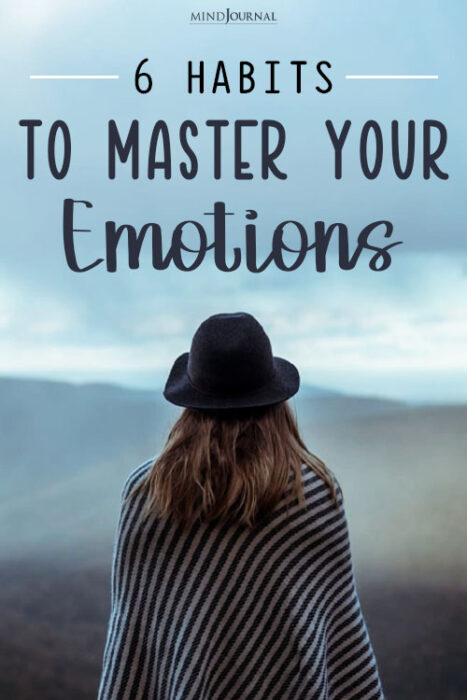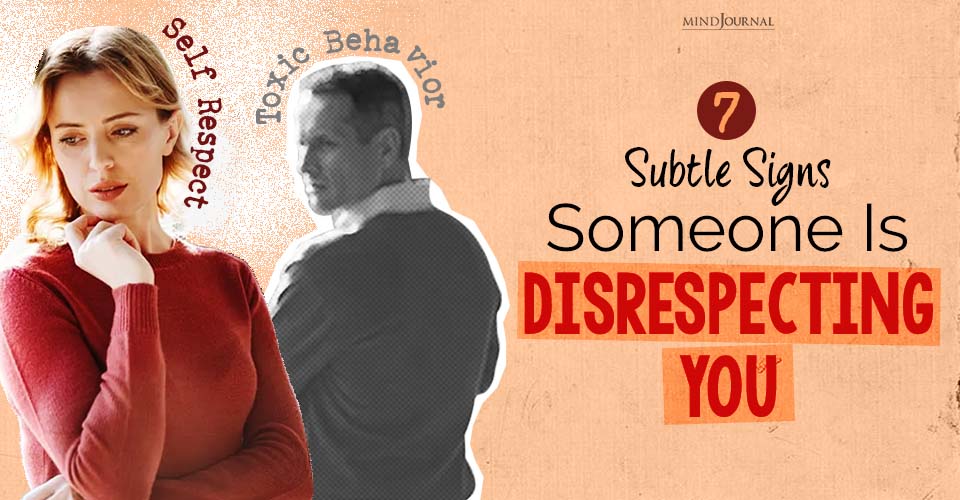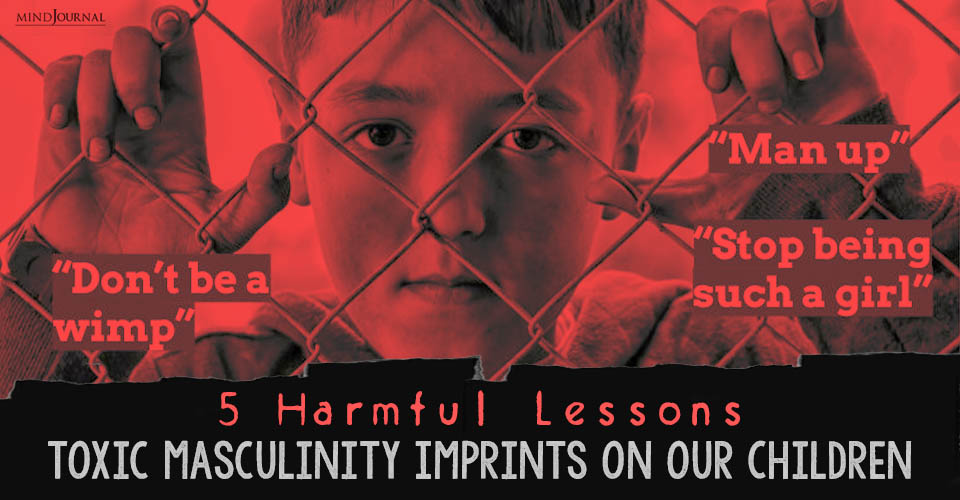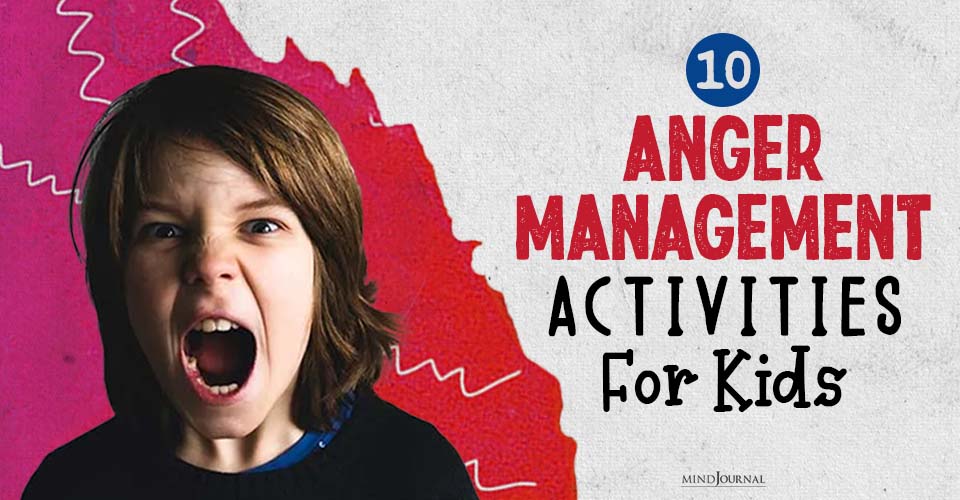We all experience moments that can easily throw us off balance—whether it’s an unexpected comment from a coworker, a frustrating situation at home, or the daily stresses that seem to pile up. In these moments, it can be tempting to react impulsively, letting our emotions take the driver’s seat. But sometimes, reacting impulsively can lead to more negative outcomes, like getting into an argument or damaging relationships. But what if we could pause, take a breath, and respond with intention instead? The power of not reacting can save us a lot of trouble.
Why is this important, you may ask? Well, our emotions are valid and deeply human, but unchecked reactions can lead to misunderstandings and regret. Learning to control our emotional responses not only helps us communicate better but also fosters healthier relationships with ourselves and others.
So, how can we cultivate this powerful skill? Here are six practical tips to help you learn how to control your emotions.
6 Habits To Help You Control Your Emotions
1. Count till the rush of emotional chemicals subsides
When you’re hit with a wave of negative emotions, it’s easy to feel overwhelmed and want to react immediately. But next time that happens, try to count to ten before you respond. Trust me, this small pause can make a huge difference in how you handle those intense feelings. This little break will allow you to assess the situation more clearly and prevent those initial, often impulsive reactions that can make things worse. You can thank me later.

2. Identify and name your emotions
One helpful habit is to identify and name your emotions. And how do you do that? It’s as simple as it sounds. Whenever you feel those negative emotions bubbling up, ask yourself “What am I feeling? Am I angry? upset? sad? or embarrassed?” By putting a name to what you’re feeling, you take away some of the intensity and gain a clearer perspective. You are not suppressing or ignoring your feelings this way but only trying to understanding them better.
The end goal is to manage your reactions, not to let negative emotions dictate your actions. This awareness is a crucial part of the power of not reacting and helps you respond in a more thoughtful and controlled way.
Read More: 13 Habits Of People With Concealed Depression
3. Find the root cause of those strong negative emotions
We all experience negative emotions that can feel overwhelming at times, but understanding the root cause is key to learning how to control your emotions Instead of letting those strong negative emotions take over, pause and reflect. Ask yourself what triggered these feelings and what they might be telling you about your needs or fears.
By stepping back, you not only manage your reactions more effectively but also gain valuable insights into your triggers. This awareness can be incredibly helpful when similar situations arise in the future.
4. Channel emotions into constructive activities
It’s all too easy for negative emotions to take control and lead to reactions we might regret later. That’s where the power of not reacting comes into play—it gives you a moment to pause and think before you act. So, how to control your emotions? One great way is to channel those feelings into constructive activities like exercise, art, or writing.

By redirecting your energy, you not only calm the storm within but also create something positive out of those negative emotions. Just take a breather, pick up a hobby, listen to music, or sweat it out at the gym. This way you’ll be better equipped to choose a healthier response.
5. Create your mantra
When you start to feel those negative emotions bubbling up, remind yourself of your mantra, like “I choose calm.” This simple phrase can help you pause and take a deep breath, guiding you on how to control your emotions instead of letting them take control of you. It’s completely normal to feel overwhelmed at times, but by taking a moment to reflect before responding, you can build resilience and find peace amid the chaos. Remember, it’s okay to feel what you feel; it’s all about how you choose to respond!
Read More: 8 Habits That Are Secretly Damaging Your Brain
6. Use breathing exercises to manage emotions
When life feels overwhelming and negative emotions start to rise, it can be challenging to regain your sense of control. But practicing breathing exercises can help you tap into the power of not reacting right away. By taking a moment to breathe deeply, you can learn how to control your emotions and create space between the trigger and your response. This simple practice can lead to better stress relief, boost your patience, and strengthen your willpower, allowing you to face challenges with a clearer mind.

Final Thoughts
As the saying goes, the best reaction is often no reaction at all. By taking a moment to pause instead of reacting impulsively, you can avoid unnecessary heartbreak and loss. In the heat of the moment, you might say something hurtful that could permanently damage your relationship. Remember, prevention is always better than cure. The next time you’re faced with negative emotions, try these techniques and share how it made you feel afterward in the comments below!
Read More: 9 Habits of Highly Confident People
Frequently Asked Questions (FAQs):
What are some techniques to practice not reacting impulsively?
Techniques include deep breathing, counting to ten, mindfulness meditation, practicing self-awareness, and pausing to consider the consequences of your actions before responding.
How does not reacting affect relationships?
By not reacting impulsively, you can avoid saying or doing things that might hurt others. This can lead to healthier communication, reduced conflicts, and stronger, more respectful relationships.
Is it ever appropriate to react immediately in certain situations?
Yes, there are situations where immediate reactions are necessary, especially in emergencies or when addressing urgent matters. The key is to discern when a quick response is required and when it’s better to pause and reflect.














Leave a Reply
You must be logged in to post a comment.